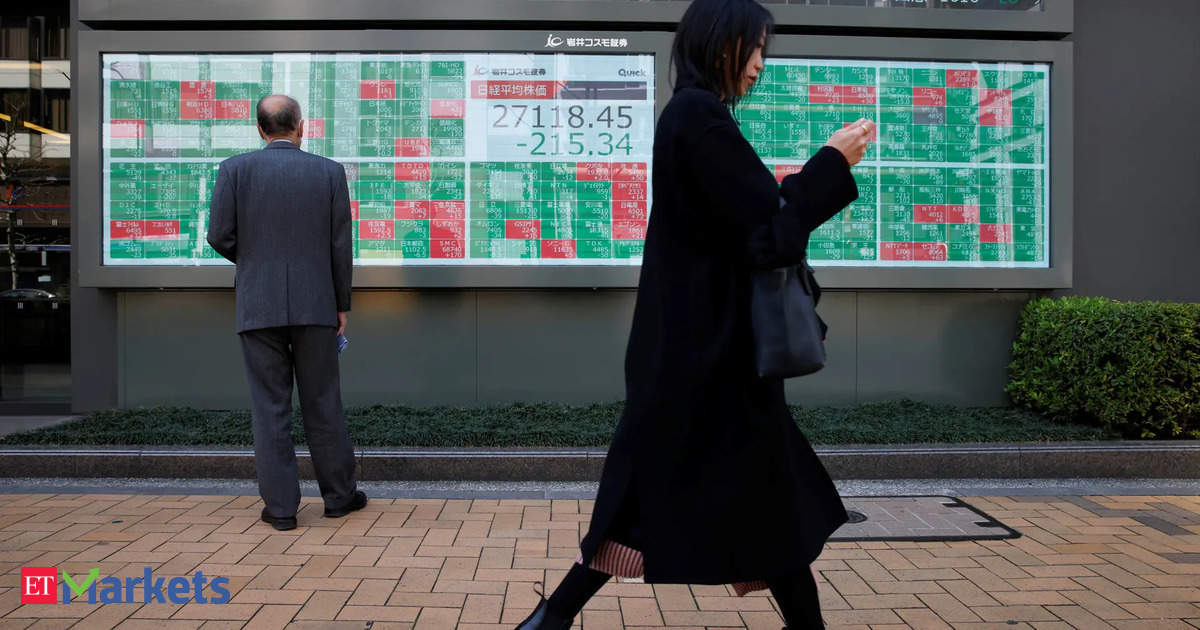The Nikkei fell 0.8% to close at 38,134.97 and the broader Topix lost 0.9% to 2,665.34.
On Monday, Trump pledged to impose new tariffs on imports from Canada, Mexico and China, which strategists said raised concerns that Japanese products might face a similar move.
“Wall Street was strong overnight but the Nikkei futures trading on the CME (Chicago Mercantile Exchange) fell, which suggested weak sentiment of foreign investors,” said Yusuke Sakai, a senior trader at T&D Asset Management.
Wall Street stocks, led by S&P 500 and the Nasdaq, ended higher on Tuesday, as technology stocks rebounded, while investors digested Trump’s tariff pledges and the latest minutes from the Federal Reserve.
“And the stronger dragged sentiment lower,” Sakai said. The yen rose from safe-haven bids amid turmoil in the Middle East, trading last up 0.57% at 152.235 per dollar. Automakers fell, with Toyota Motor falling 3.62% to drag the Topix the most. Nissan Motor and Honda Motor fell 4.74% and 3.04%, respectively.
The automakers’ index slipped 3.39% to become the worst performer among the Tokyo Stock Exchange’s 33 industry sub-indexes.
Chip-testing equipment maker Advantest fell 3.71% to become the biggest drag on the Nikkei.
Sanrio tanked 14.42%, after the owner of ‘Hello Kitty’ brand announced a sale of shares in the company.
Keisei Electric Railway rose 5% to become the top gainer on the Nikkei, after the railway operator announced a sale of shares in Oriental Land worth 62 billion yen ($406.10 million).
Oriental Land, the operator of Tokyo Disneyland, rose 3%.
Of more than 1,600 stocks on the TSE’s prime market, 16% rose and 82% fell, with 1% trading flat. ($1 = 152.6700 yen)
